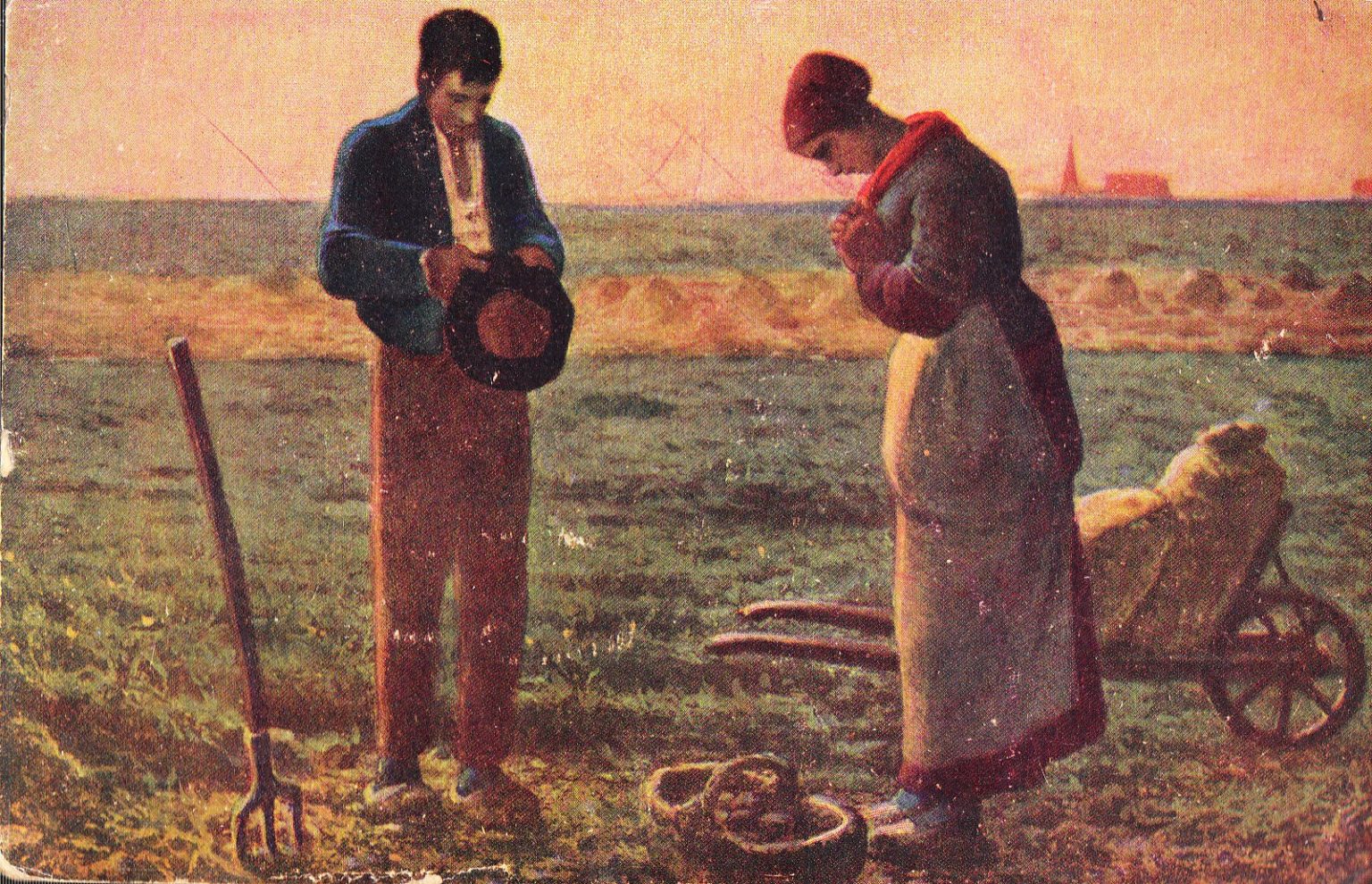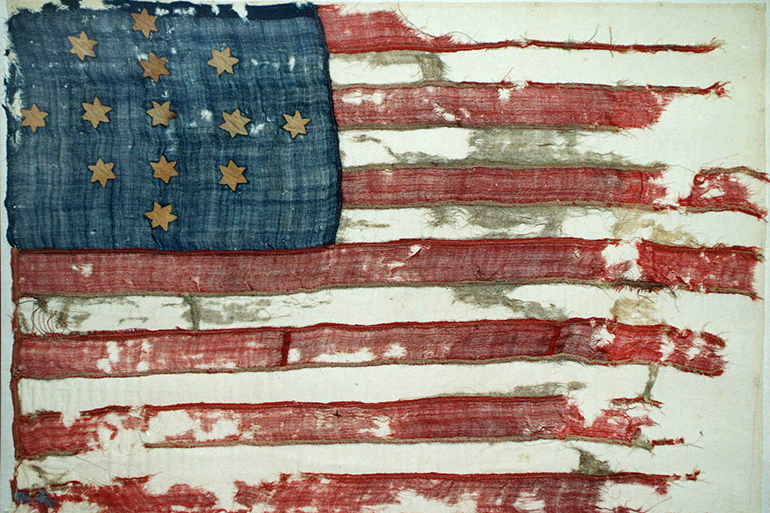 This is Part II of our History of Government Employment.
This is Part II of our History of Government Employment.
In Part I we established that government employment, mostly armed to the teeth, has been around for thousands of years longer than government. We also learned that since Thag, King of the Waterhole, got the government employee ball rolling 300,000 years ago by discovering territory, “government” and “king” had been virtually one and the same, and that kings and chiefs had owned all the earth’s surface for all but a couple of hundred of those years.
More importantly, we learned that “government employees” as we now know them were co-founders of all governments. They empowered the kings and vice versa. Quid pro quo. That has never changed.
We also learned how government employment would naturally grow to include household staff, stable hands, gardeners, eventually farmers, then onto bureaucrats who would do the king’s paperwork, for the most part, so that he could extract tribute from his subjects.
Today we will learn that government began, and continues to be about systematic extortion and control, first carried out by government employees on behalf of their kings, but later on behalf of themselves…
…and that all this explains why the DNA of government employment naturally leans heavily in favor of a ruling management class, with rigid rules of reciprocity and mutual protection, and why, after 299,765 straight years …
…government employees instinctively find it anathema to be working “for” people who claim to be the bosses of their bosses. “L’etat c’est moi.”
The Great Upheaval
After thousands of years of steady, unimpeded growth, the past 265 years have created an upside-down, topsy turvy world for government and kings, as they eventually became detached from one another. The whole notion of single monarchs as owner-rulers of the earth have fallen out of favor, and you have to own something everyone else really, really wants (oil) to be left alone if you’re a monarch. In most cases various forms of collective ownership-management have replaced monarchs and one-man rule has almost, but not totally disappeared. The state has become a pyramid of functionaries pretending to operate as one.
All these changes occurred, directly or indirectly, because of events in a place called Philadelphia, which no one outside of England had ever heard of at the time. Now everyone knows where Rocky Balboa lives. The events there led to great insecurity in the already unstable world of state employment, eventually leading to the government employment class removing kings and taking over government directly. But by the time collective government-by-committee could effectively replace the kings, it found that half the world had bought into a different form of government altogether in which neither kings nor committees were rulers.
The fractures that caused government employment all this stress began a little over 500 years ago.
1492
The first stress: Instead of staying close to home, government employment suddenly was spread all over the globe, all because some Italian from Genoa took a bunch of Spanish boats and found a whole new world (hence the name) no one knew was there (except the original inhabitants).
And in an act of an even more supreme arrogance than “discovering” people who weren’t even lost, but also of bold genius, he simply stuck a flag in the ground and claimed the whole island for his patrons back in Spain.
This became a very trendy thing, royal chic, for suddenly, every king had to have one (an empire) and in short order, the ownership of the world was diminished by tens of thousands of its owners, for without even knowing it, sometimes for decades, the tribes of the Upper Missouri, the tribes of the Amazon, the tribes of the Zambezi, and all the others, were suddenly owned by some fairy in a purple brocaded robe eight thousand miles away, who kept a smelly handkerchief up his coat sleeve.
These aforementioned kings, more practiced in cockscombery and “smartassery” (a term of one of my favorite cockscombs) than shivering anyone’s timber, quickly learned this was an easy manner of conquest, for no sooner did their explorer-adventurers claim a place, missionaries and traders would rush in, and, on a need-to-go basis, they would send in their better-armed government employees to kill the more primitive employees of the local chief, or carry them all into slavery.
Still, this was not a good period of history for government employment, for there was gold in them thar hills, or at least all the kings thought there was. So, from the Rio Grande south to the Straits of Magellan (called Latin America now) every rock was turned over twice trying to find it. In the process, government employees who were more accustomed to the king’s hearth and the familiar wafting odors of pig muck intermixed with fine English dirt outside the castle, or as Shakespeare would later muse “This other Eden, demi-paradise…” found themselves in drenching heat trying to find more gold for Phillip, or in log cabins underneath 20-foot snow drifts, waiting for a spring thaw so they could send a boat-load of furs back to King Louis.
Because of gold Spain was top dog of empires for awhile, maybe a hundred years, but some of the other royals noticed other things of value could also be found, and settled in for longer-termed, renewable investments in tobacco, cotton and furs. And most of all cheap labor.
So it follows, the second bad thing that really set government employment back was “trade”, mostly because it established a big and prosperous private economy in which government employees were not involved, and this was because of some choices made by a few kings that still rank as all-time blunders from the point of view of government employment.
You see, before 1492 trade had been sort of a local thing. But far flung empires meant fleets and fleets of ships, and Europe’s sea-going kingdoms were best suited to profit from it. They could profit in ways Luxembourg and Andorra just couldn’t. Location, location, location.
But fleets also cost a lot of money, and from solving this problem in world trade (finance), arose the awareness of a natural law, more sensed than understood at the time, which we’ve since learned is eternal. More frugal king’s (England and Holland) realized that the desire for profit by adventurous men could allow them to conquer and hold territory without much risk, or the high cost of government employees. So they decided to built their empires on the backs of private chartered companies, where some one else took all the risks, but shared with the Crown any profits. They also promised to give the king a shout-out from time to time, by reminding the newly conquered people about their noble white father across the big sea. In return he’d send them a necklace with his picture on it, some vermillion, blankets, and they’d send him every beaver plew to be found this side of the Rockies. “Many moon come Choctaw.”
But France and Spain chose to be old-school about their empires, and eventually lost them because of it. They decided to run everything from their palaces, exclusively with government employees, who weren’t very good at it, it seems.
Competition killed them…only there wasn’t supposed to be any.
The best possible example of how these two competing trading systems worked is to look at them side-by-side in North America, where France lost all her territory in Canada simply because of the profit incentive in similar businesses south of the St Lawrence River, which was carried on by a melange of free chartered enterprises, in which the King of England only took a cut. Anything Quebec could do, New York could do better…and cheaper. So, by 1760 the English owned Canada.
This “privatization” of trade transferred enormous sums of wealth from all the Crowns of Europe, and its government employees, into the hands of private citizens, who, over the course of time, built their own competing business/trading empires. In time, they not only replaced government employees in some functions, but invented entirely new lines of enterprise government had never (could never and would never) conceive on their own…things such as the motorcar, cotton underwear, the telephone, electric light, a small pox shot, Rogaine, Viagra and Velveeta cheese. (The list is actually much larger.)
Law: By the 1700s the notion had been immortalized that once Man’s profit motive could be unleashed from the restraints of the king, the “private Man” would always be two steps out in front of the king or his government. Incentive. Government, and its employees, have been trying to rein that unbridled motive back ever since.
Back to England (an interlude)
So the thing that finally put a burr in government employee’s saddle was the natural competition between government and the private sector, inconceivable until 1492.
Not to be an anglophobe about it, this kind of competition was more apt to occur in an English realm because of a little noticed deal struck at Runnymede in England back in 1215 between the English king and his barons, but which, in the fine print, gave a lot of individual men the right to own and transfer and bequeath their own land. They were called “freemen”. And the name stuck.
England was a small island, but had suddenly become subdivided, and a portion of Englishmen actually became owners of their own earth, without king, only kith and kin. Unheard of. Imagine, owners of land who weren’t kings, or even chiefs. Just freemen…under the protection of a king instead of having to build defenses against him. This idea stuck, too.
Slowly this destroyed the old feudal order in Europe, and everything changed. Entire legal systems (the English Common Law), built on individual property rights, came into being, and alongside that the notions of “human rights”, none of which would even had occurred to men like Burke had it not been for local freeman named Hod the Sod or Owain Gwynned. Kings’ courts had to deal with commoners’ legal issues as if the king had to worry about getting their vote some day.
So like it or not, it seemed England had first dibs of these early ideas of liberty and free markets. And it was these sorts of men who would eventually spill onto the soil of thirteen obscure colonies in the Americas.
1776 and The Fly of Philadelphia…
So, while all the major kings of the world were building trading empires, including England’s big doings in India, thirteen small charter colonies, a couple even early 501 3(c)’s, for religious purposes only, this dangerous blend of private ownership and small business with only the least amount of involvement by government employees, grew under everyone’s noses, unnoticed.
The rest is history.
…In the Devil’s Buttermilk
About the specialness of America, there are two schools of thought. Even the Devil agrees America is unique, but the world is still about 70-30 divided 1) Yea, if you let everyone vote, or 2) Nay, if you let only the state class vote, whether America is a good thing or a bad thing. Keep this vote in mind, it’s important. But I’m pretty certain about my 70-30 percentages here.
But the other issue is whether God had a hand in it. For sure, Old Clootie would never let himself acknowledge that God beat him on his own turf…again…in the same sneaky, way-off-in-a-corner-where-no-one-is-paying-attention way He did last time, but yes, I believe America was planned. Only no sense asking the Devil’s opinion. He’d lie anyway.
Still, you don’t even have to believe in God. The evidence is still the same. Any fool can see America is the fly in the Devil’s buttermilk, for under Clewfoot’s plan he remains the political head of the whole of the world, no matter that he may only be the religious head of only the half of it. As the political head he knows his numbers will “rise” on the spiritual side of the aisle, as long as he has the Democrats. For now at least, they are the Devil’s disciples.
What we now know is that since Thag, who couldn’t conceive of his big toe, much less Good or Evil, there has never been any way to measure, prove empirically, that evil diminishes in the world the more free people become, and that it grows the more people come under the thumb of rulers and their employees…until now.
The last forty years provides all the proof we need to know that there is a correlation between the rise of the state class and the degradation of men and women who are not part of the state class.
What’s next
So, for the benefit of that kindergarten teacher in Wisconsin who threatened to kill Republican legislators, she was merely playing out an ancient instinct. Some politician in Madison had threatened her hard-earned and much deserved rice bowl, her tenure after three years, her cabin rental for four weeks on the Lakes, her full retirement at the ripe old age of 47, on 80% of her pay, with 100% medical…and having paid not one damn penny for it herself. It’s kindergarten, fergodsakes, where they teach kids to stack blocks instead of braining each other with them.
Since Thag and his troop attacked the waterhole, government employment had still not gained one extra ounce of respectability, but still everyone wants to get on the government payroll. The desire for the free ride runs that deep. You do have to ask yourself why…and what to do about it.
In Part III, we will discuss what to do about our kindergarten teacher.
VASSAR BUSHMILLS
Contact: VassarB@gmail.com Twitter: BushmillsVassar
Support: Yes, I’ve never paid been a nickel to write. I now have plans to move on some projects. Your help would be appreciated.
Donations can be made to vBushmills@yahoo.com via Paypal
Books: Famous Common People I Have Known and Other Essays
Donald Trump, the Common Man and the American Theology of Liberty (2016, pre-election)
(Both books in Kindle format only at Amazon.com, would love to add chapters, and turn into print copies. Publishers welcome.)






